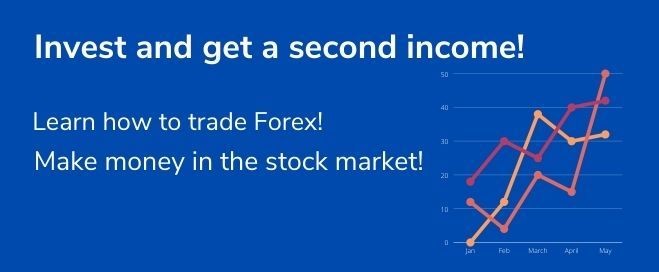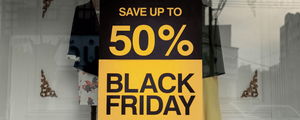These are some of the adverts you'll see as soon as you start searching investment topics.

Education and self-improvement are good things. And when it comes to investing and trading there's a lot to learn. Why, then, should you be wary of these courses?
The short answer is that learning takes time – there’s no quick fix.
There are a bewildering array of courses available and they don’t come cheap – R10,000 to R25,000 is typical. The courses I'm talking about are the ones that promise quick profits and spectacular returns – especially the ones that have a "system" that will make you money. They won't – they will take your money and leave you poorer.
Programmes that focus on teaching you to manage your money and change your behaviour are a different matter. Most people have a lot to learn about the world of investing and personal finance. If a course outline tells you upfront that it's not going to be easy, that you're going to have to study and change your habits, that discipline and persistence are needed, you may have a winner. But there are no "get rich quick" courses/systems that work reliably.
It's dangerous to generalise, obviously not all trading and "quick-fix" investment courses are bad. But in my opinion there are very few that offer value for money.
Remember, the share market is a get-rich-slow scheme, it requires patience. And trading requires a lot of skill, knowledge and diligence (successful traders do it every day for many hours a day) – it's not a sideline gig you can slot in between lunch and your 2pm meeting.
Carts and Horses
At the beginning of my career I worked for a company that sold stock market courses.
I discovered that most people who signed up were clutching at a dream – free money, easy money. Over 90% of sign-ups had never invested directly. More than 80% of those who signed up never finished the course. More than half of those who did finish the course never bought real shares or ran their own portfolios.
I also witnessed the limitations of market simulations. People who were bold and decisive with play-play money suddenly grew timid and hesitant with real cash. Stars of the stock market simulator inexplicably made bad decisions when they constructed their own portfolios – fear and greed changed their reactions.
This is why I always tell people to dive into the real market before doing any courses. This might sound like putting the cart before the horse, but you will learn more by losing a small amount in the real world than by spending a large amount on a course.
Provided you reflect a little on your experience, dipping into the reality will give you an immediate understanding of what you need to learn and what questions to ask.
Get Rich Quick
Quick fix investing courses usually promise big returns in the share market via active portfolio management. The course material may cover broad topics – the stock market, buying shares, asset allocation and diversification – but the mechanics of buying and selling are usually linked to a charting system (sometimes called "technical analysis").
Investing courses that promote charting are usually advocating buy-and-sell strategies. This is just another form of trading except the time frame is weeks or months instead of hours or days.
Real investors and traders are as different as cattle owners and abattoirs. Investors want to build up a herd. Traders buy and sell and are happy to slaughter animals the moment there's trouble (or if there's the slightest profit in it).
Knowledge is Freely Available
The quality of the material – notes, videos, etc – provided by trading and investing courses varies enormously but, on average, it's no better than the free study material available all over the internet.
The one benefit of a good course is material that is structured and organised – using the internet it's not always easy to know where to start or which free stuff is good. Choosing lessons applicable to your needs can also be difficult.
This is one of the reasons we have created the Franc Academy. The lessons are designed to start at the beginning and build on the fundamentals. At the same time, we try and present each topic so that it can be approached on its own in order to answer common questions.
Most importantly, the Franc Academy lessons are designed with our investors in mind. We know what kind of people use the Franc app and what kind of answers they need – this means we are able to minimise distracting and superfluous material that just tends to confuse people.
And best of all, the Franc Academy is free. Not just to our investors, but to anybody with an internet connection.
Start Investing
Bear in mind that only a small minority of people are emotionally and intellectually suited to active investing and trading – you should make sure you're one of those people before spending money on an expensive course.
And remember, when it comes to investing, behaviour is often the most important ingredient. You need to understand the basics, but at the end of the day the right habits will be your most important learning. You can only entrench habits by doing.
Start investing. Use the Franc Academy to learn. Don’t consider a trading course until you’ve actually got some investments.










